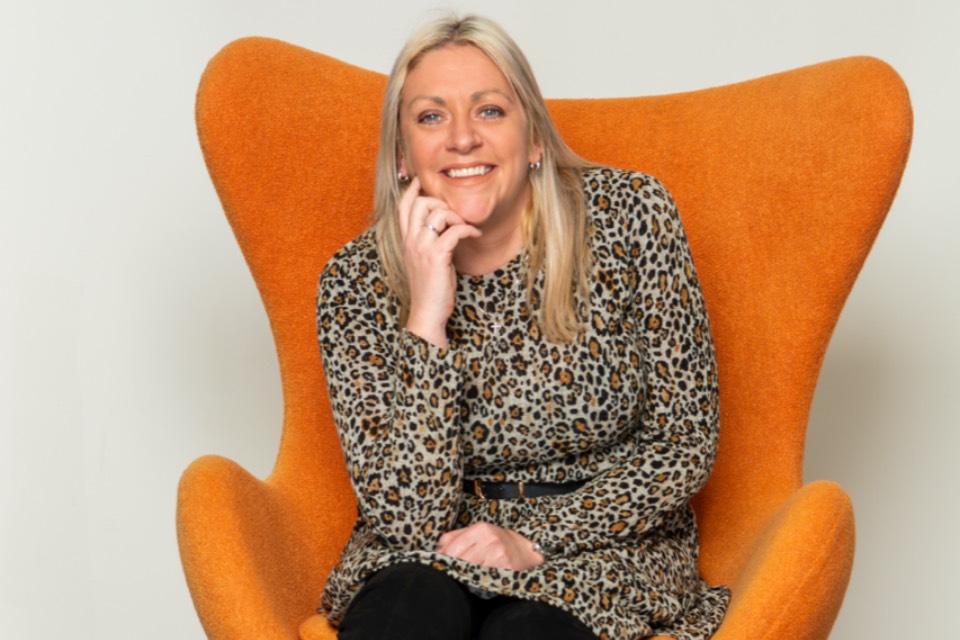Having started as a PA 15 years ago, Terri Leary transitioned into a Virtual Assistant after a travelling break in South East Asia. This new role has given her the freedom to work from home or a beach in Bali. PA Life asks about her career and her top tips for PAs, EAs and VAs…
Tell us how you became an Assistant and why you chose this career path.
I have been a PA for over 15 years. The opportunity came about to be a PA/Office Manager for a mobile games company back in 2005 and it was the best decision I have ever made. Utilising the administration skills I had learnt in my first two roles made this path accessible to me and I haven’t looked back since.
Give us an outline of your career as an Assistant until now.
I started working at 18 as a Training Administrator in one of the big accountancy firms and from there I moved on to become HR Administrator at Universal Music. Then I moved on to be the PA/Office Manager for the mobile game company and five years later PA/Operations Manager for a Digital Marketing Training Company. Fast forward seven years and I set up my own Virtual Assistant business. I also run a networking event called Centurions Connected in my spare time.
Was becoming an Assistant something you had always wanted to do?
I always knew that I would work in an office in an administrative position, but not specifically as a PA/EA. While doing my A Levels I completed an NVQ in business administration as I knew I wanted to get out in the big wide world of work and not go to University. That’s something that I have never regretted.
What advice would you give to someone looking to forge a career as an Assistant?
You need to be a great organiser to be a successful PA. You become someone that your boss relies on 24/7 and if you can’t plan and prioritise, you’re not going to be a very successful PA. You also need to be proactive rather than reactive to be a really successful PA. If you can anticipate your bosses’ needs before they can, then you become invaluable.
Why did you choose to become a Virtual Assistant? What led to make that decision?
I decided to become a Virtual Assistant after coming back from a six-month break travelling South East Asia after leaving a company I was with for seven years. While I was away, I was deciding what my next path was. I wanted to still be in the PA world as I love the connection that you get with working so closely to someone – but also wanted a bit of my own freedom.
I came up with the idea of seeing if I could be a Virtual Assistant while away and when back got in touch with old contacts to see if anyone needed any assistance. The ultimate goal of setting up as a Virtual Assistant is to be able to take my business anywhere in the world. The benefit of being virtual and not in someone’s office means that I can work in the comfort of my own home or on a beach in Bali. What’s not to love?
Who are the clients you work for? And how does the work for each differ?
I work for a range of companies – two training companies (one based in London the other in New York), one restaurant chain, as well as the mobile games studio Reality Gaming Group. So quite a varied mix.
I have a different relationship with each client. One just needs a few hours a week to help with invoicing and booking travel, while another is three days a week in an Operations Manager capacity. The joy of being a Virtual Assistant is that I can help people so they can concentrate on what they do best without having to worry about the day-to-day mundane tasks.
Describe a typical day for you.
I don’t think I have a typical day and that’s the best part of this job. Not one day is ever the same. One day I can be creating a budget for the next five years and the next building office furniture.
What are the most challenging aspects of your job?
Having lots of clients who want everything now. This can sometimes be challenging if everyone wants everything at the same time. The best way to get around this is to plan and prioritise and be clear on when you can deliver the work expected.
And what are the most enjoyable aspects?
One of the most enjoyable aspects of being a PA is becoming your boss’s right-hand person. You become their confidante and I love the trust and respect that you gain from this.
What are the key areas of stress for PAs and EAs, in your opinion?
Being someone’s right hand person can lead to their stress rubbing off on you. You can often spend your time trying to alleviate their stress and miss your own stress. Taking manageable projects off your boss’s hands can help them – which in turn will help you.
What would be your three top tips for busy and stressed PAs and EAs?
1. Be agile. While we all love to plan, plan, and plan, a good PA will know that there are often unexpected items hitting your inbox. Be prepared to drop those plans when something more pressing comes your way.
2. Write everything down. I find it so useful to write everything down so that I can refer back to it later. I also go back over my notes at the end of each day to make sure I haven’t forgotten to do anything. It’s also a good way to cover yourself if something doesn’t go to plan.
3. Prioritise. Learning how to prioritise is one of the key skills you need as a PA, especially if you’re working for more than one person. Sometimes turning off email so that you can concentrate on the most important task, and stop other requests distracting you, is invaluable.
If you weren’t an Assistant, what would you be doing now?
I think it would be something in either event organising, utilising my organisation skills; or in the travel industry, doing something that would allow me to travel the world.
What do you think the PA community needs to do as a collective?
Share your knowledge. If we all shared our highs and lows, wins and defeats, we can all grow and become better PAs.
How do you relax after a busy day in the office?
Depends on where the office is that day. If I am at home, then I can spend some more time cooking a nice dinner and catching up on that week’s TV while curled up on the sofa. If I am at a client’s office, then a few drinks after work to unwind is usually how the day ends. Or if I am on that beach in Bali, then it’s a swim in the sea and watching the sunset with a cocktail or two.
Photography: Dave Willis















